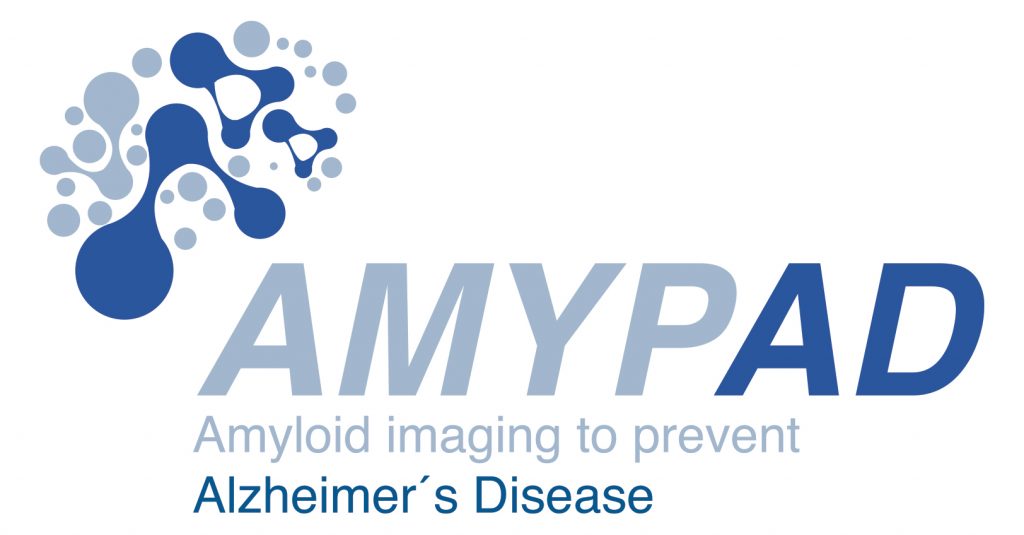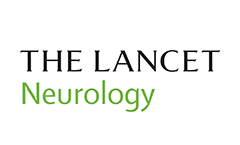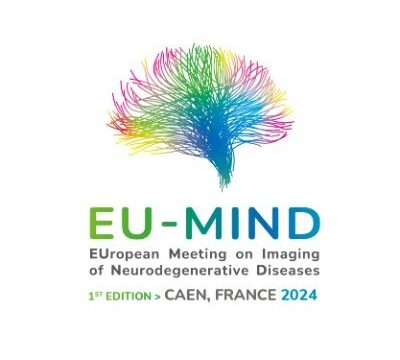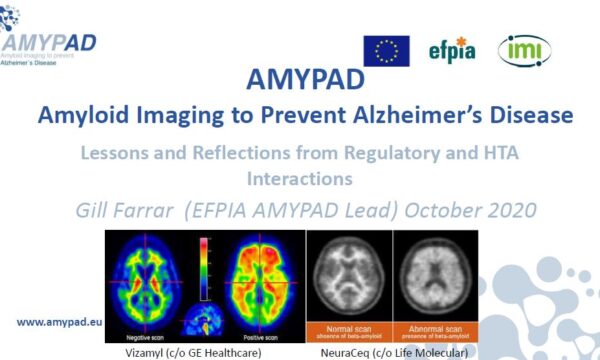The past quarter has been of great progress in AMYPAD, and a major milestone was achieved for the Prognostic and Natural History Study (PNHS): after the great news of ethical and regulatory approval of this study, the team at VUmc has recruited the first PNHS participant on the 1st of October!
It was a day to celebrate, marking the beginning of a large European study to understand the value of quantitative amyloid PET imaging for modelling and assessing Alzheimer’s disease (AD) dementia risk in individuals without dementia. The study set-up is in strong collaboration with EPAD, as most participants will be recruited from EPAD’s Longitudinal Cohort Study (LCS), and data will be shared between the sister projects to reach their common objectives. As a consequence, AMYPAD PNHS will also be supporting Proof-of-Concept trials which recruit from EPAD and will have information on these subject’s amyloid PET scans.
Since the first recruitment, the VUmc team has contacted other 21 participants, of which 14 have already agreed to participate. Most potential participants are very enthusiastic about the project and the prospect of supporting research into AD prevention. ‘It is nice to be able to help discover the mysteries behind this disease’, ‘Hopefully by participating I would get help sooner in case something is ever found to be wrong with my brain’ and ‘I have nothing better to do with my retirement anyways, so why not help the future?’ are some of the reactions given by EPAD participants when asked to join AMYPAD. The team is confident recruitment will keep a good pace throughout the study.
In addition, other two sites are undergoing ethical reviews, namely the teams in Barcelonaβeta and the University of Edinburgh – we hope to hear good news from them soon. In the meantime, teams in Toulouse, Geneva and Cologne are getting ready to submit the study to their local committees and the expectation is that the main participating sites will all be actively recruiting by the end of the first quarter in 2019.
It is a really exciting time for AMYPAD and for the PNHS in specific. This ambitious Europe-wide project will recruit up to 2000 participants and follow half of them longitudinally within the next 3 years. Together, researchers and participants will help us understand when and where amyloid accumulation starts in the brain, and how this early pathological process influences someone’s risk of experiencing future cognitive decline.



